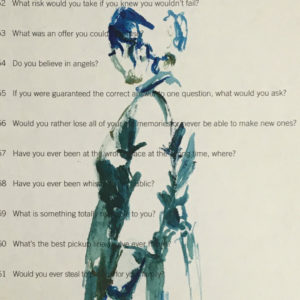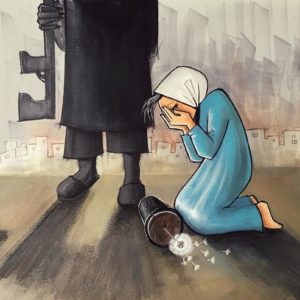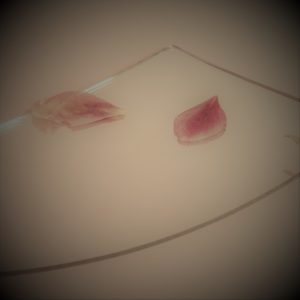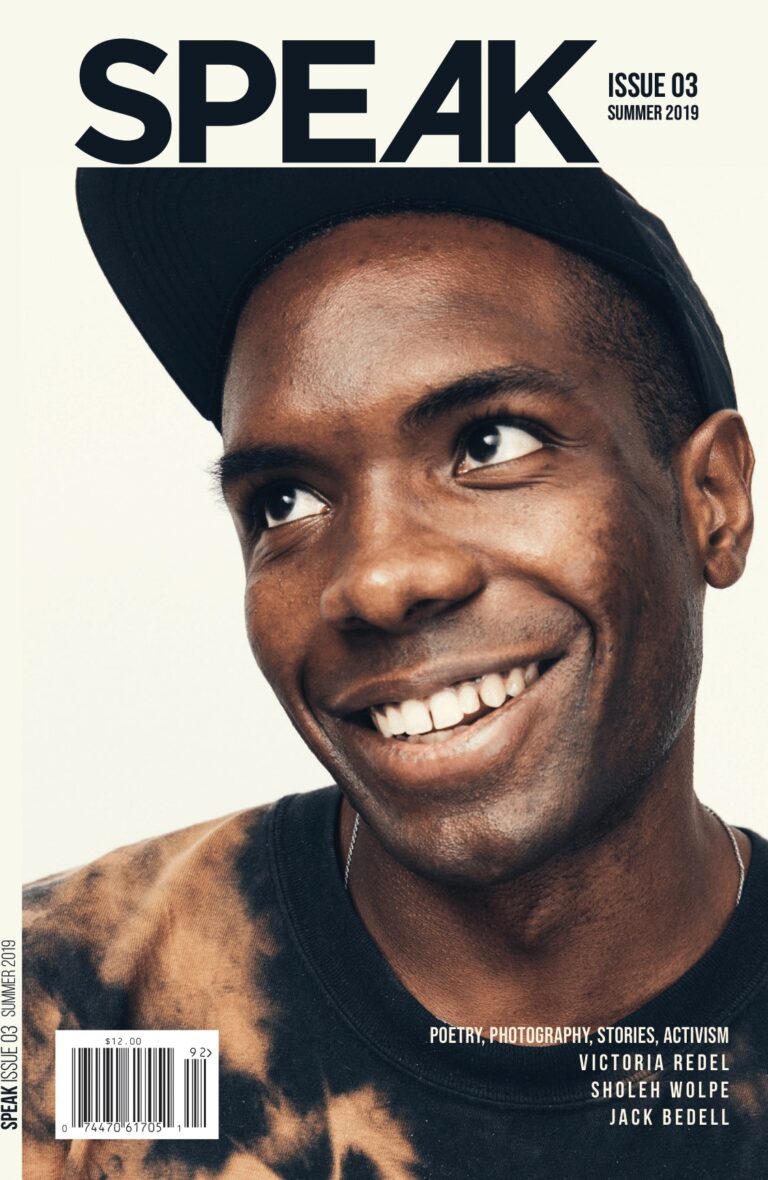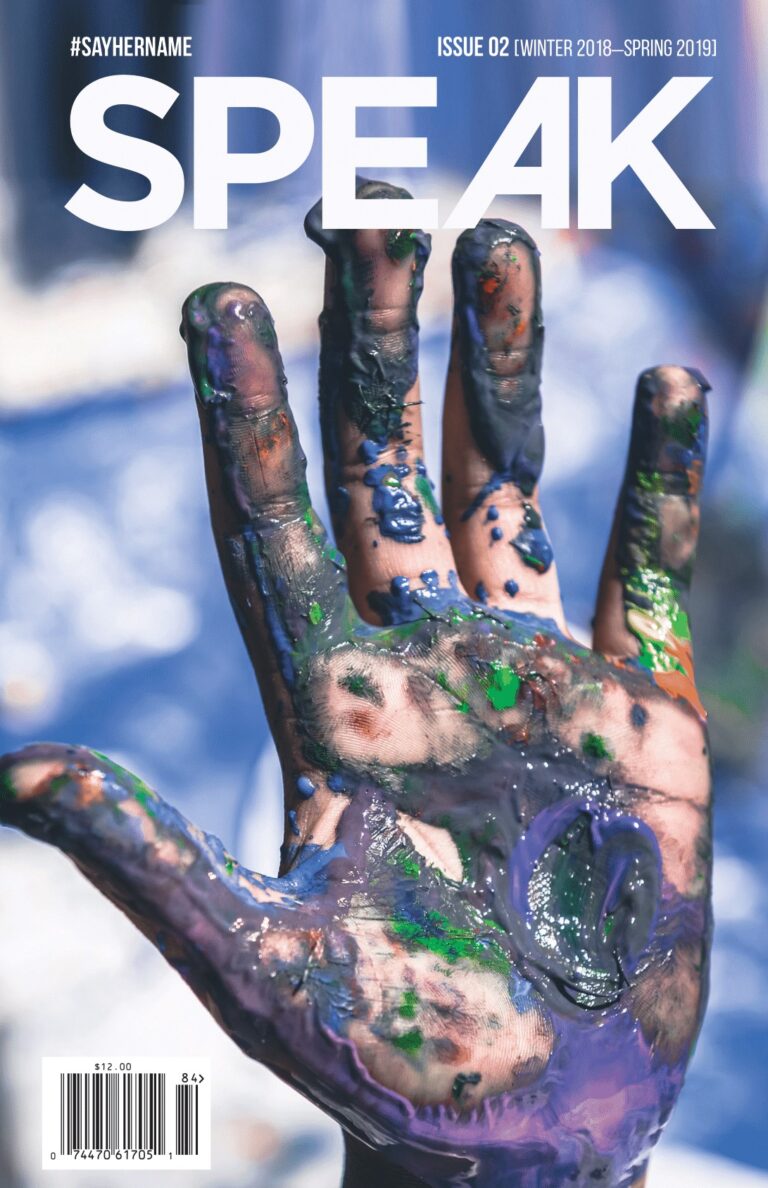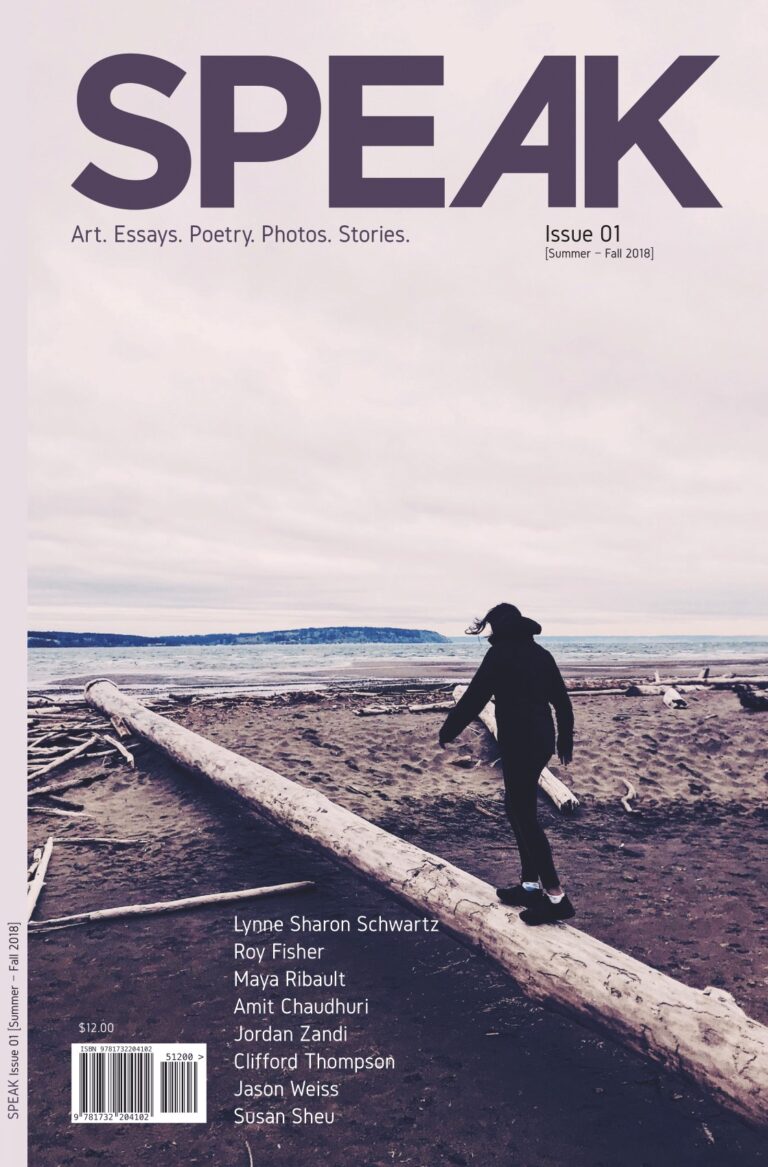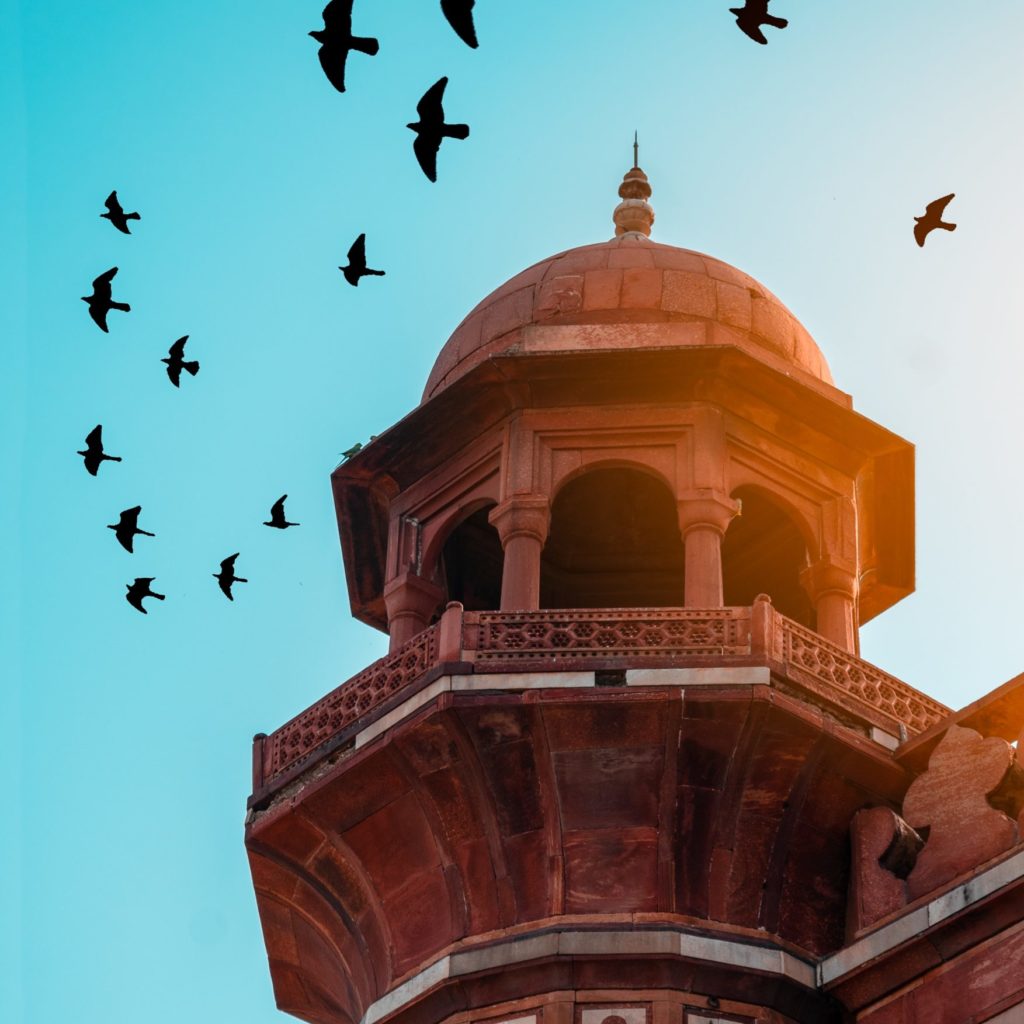
The “world” of “World Literature” is often too flaccid, grossly under-representative or academically bulimic, incorporating randomly chosen translated texts to remain politically correct. As a result, world literature (as a discipline) seldom attends to different regional and vernacular texts, raising serious questions about the responsibility or the possibility of world literature itself.
Does the existing category of World Literature otherize multiple Worlds to reinforce its own Anglophonic world? How might we dislodge the mono-lingual threshold of World Literature? How does one ambush such literary border patrol?
Borrowing Pheng Chea`s argument from his 2016 What is a World: Postcolonial Literature as World Literature and foregrounding the literary works of early modern Bangla poetry and specifically the works of Bengali litterateur Nabarun Bhattacharya, I offer an agenda of reversal. Bringing regional or vernacular literature into focus, the binaries of ‘Regional/World’ can be subverted. Put differently, this is a conscious act of rescuing the province from being ignored within the larger rubric of World Literature.
Bengali poetry as World Literature
Whenever we talk about Indian or Bengali poetry, in the realm of World Literature, we tend to focus exclusively on the Nobel-winning Indian poet Rabindranath Tagore or on other well-known Indian stalwarts. In this hagiographic overemphasis on literary heavyweights, however, we overlook other poetic voices, who remain equally important and remarkably prodigious in their poetic output.
Post-Tagorean Bangla poetry scaled remarkable literary heights in terms of thematic excellence and stylistic experimentation. Between the 1920s and the 1950s Bengali poets responded to that “cannibal time,” which witnessed the brutalities of the World Wars, the Holocaust atrocities, and the unprecedented socio-economic crisis caused by imperial global capital. The Bengali poetic universe versified the wounds of their age and, at the same time, developed an aesthetics of dissidence, self-affirmation, and radical resurgence worth revisiting, especially as the ultranationalist conflicts, neo-fascist authoritarianism, and ethnic strife of the inter-war periods also defined a historical juncture largely identical to our current moment.
These new poets boldly departed from Tagore`s legacy of aesthetic depoliticization. Young and radical, the Bengali poetic minds flourishing during the 1920s were known as the Kallol Yug poets or as the poets of the Kallol era, so called because most of these poets of the 1920s and 1930s were associated with the influential Bengali literary magazine Kallol. Along with Kallol, three other, equally influential avant-garde literary magazines of that period, namely Pragati, Bijoli, and Kali-Kolom also published new and daringly experimental writers, who militated against the existing weltanschauung of traditional Bengali poetry.
Located in Calcutta, the capital city of colonized India at that time, the Kallol poets succeeded in drawing significant international attention, forging a collective literary movement that generated huge social and cultural impact in Bengal as well as in India. These poets experimented with cultural Bolshevism and challenged social taboos. Some of them, like Kazi Nazrul Islam, were imprisoned by the colonial rulers for allegedly “inciting” the masses against the British through his “incendiary” verses. The Kallol Poets of Calcutta are also resonant of similar leading international literary collectives such as the Bloomsbury Group, The Criterion Group of Writers, and writers of The Crisis, the official magazine of the National Association for the Advancement of the Coloured People (NAACP) in early 20th century America.
The Kallol group included outstanding poets like Sudhindranath Dutta, Jatindranath Sengupta, Mohitlal Majumder, Kazi Nazrul Islam, Jibanananda Das, Premendra Mitra, Achintakumar Sengupta, Buddhadev Basu, Bishnu Dey, and many others. Although these names are well known among Bengali readers, their poetic repertoire is seldom considered by mainstream postcolonial Anglophone scholars. Remaining true to its symbolist connotation (Kallol in Bengali means tidal waves), the Kallol poets ushered in new waves of the vernacular avant-garde. They were the harbingers of modernity in Indian poetry, even though they were writing in the Bengali language. They pioneered the new verse libre, characterised by heterodox style, unique use of images, breaking taboos, and producing outstanding specimens of radical poetry. Among the late inheritors of this legacy of social critique is Nabarun Bhattacharya (1948 – 2014).
Guerrilla Rhymes: Nabarun and his Poetic Arsenal
Nabarun Bhattacharya began his poetic career during an era of revolutionary violence and state repression. In the stormy 1970s, as the Naxalite movement agitated for social equality, Nabarun responded by conscripting a new genre of his “guerrilla rhymes,” marked with a poignant critique of social and state brutalities.
Nabarun`s first book of poems Ei Mrittu Upotyoka Amar Desh Noi (I Refuse to Call this Death Land My Country) was published in 1983, though the title poem was initially published in 1972, during the high tide of the Naxalite movement and subsequent state repression. Both that and his 1987 poetic anthology Police Kore Manush Shikar (The Police Hunts Citizens) capture the violent phase of social and political pathologies unfolding in India’s postcolonial journey of social reform, state control, and neoliberal economic policy implementation. Nabarun responded with “a bunch of bulletproof poems” (translation mine)
A Bunch of Bulletproof Poems
A bunch of Bulletproof poems
standing in front of the firing squad,
A bunch of bulletproof poems
daring the firing squad,
stand in defiance, keeping their shirt buttons open
The bloodied beaks of a bird,
clasped and hanging from the enormous metallic hands of a clock,
Harpoon stuck whales,
watching all these through a reverse gaze
Stars can see how the bloodied ocean
engulfs and stuns the light emitted by them
The solemn emblematic flag getting frozen
over the leaden pipe
The city experiences a terrible headache
The benumbing wind from the slaughterhouse
chasing school children.
Those locked in loving kisses,
are fossilized in photo frames
The stones perspire,
Hearts diminish, pocketing the timer
of a terror bomb,
A black-gowned lawyer walks past
Just got to know that
Birds and butterflies
flocked the moon much before humans set their foot on it
Just got informed, that
both the poles have started melting
Seventy-one Nobel winning scientists confirmed that
humans do not watch TV after their death!
When All the newspapers of the world
are sounding the death knell of the world,
When all political leaders
are confirming that all hopes are lost,
the inevitable blows of the missiles are impending,
Then a terrible blankness swallows the material world,
Between two fingers
exhausts the last cigarette of the world
Yes, then, at that moment
A bunch of Bulletproof poems,
Standing in front of the firing squad
A bunch of bulletproof poems,
Daring the firing squad,
Stand in defiance, keeping their shirt buttons open
(From Bulletproof Kobita)
Aggressive dissidence has remained the hallmark of Nabarun`s aesthetic philosophy in all his literary expressions. Nabarun`s fictional works have been widely translated and critically cartographized; his 1994 novella, Harbart, was published in English by New Directions. Yet his poetic oeuvre demands greater, if not equal, attention as Nabarun argued in interviews that he saw himself primarily as a poet who also wrote fiction (all translations my own):
One day cries will mutate into Molotov cocktails
Slogans, undoubtedly will emerge as Sten guns
A resolute outsider, Nabrun’s poetic confidence and singular outrage were clearly visible in all his poetic works:
Meaningless swarms of words embarrass poetry itself
And yet the poet remains the lord among all the trees, pronouncing its stature as the giant banyan
All the poetic thoughts might end up as defeated soldiers
Wallowing in the twilight, all alone
Death arrives, downcast
Surreptitiously advances like a greedy dog
I was busy watching God defecating in the morn
Beaconed God himself, urging him to answer to my homosexual advances
All those deceased, came and swarmed in my heart
The towering monument, being protected from the rain by the eagle, wings wide spread
Each drop of water
Slides down my spec
Looking askance at me
Words are devoured in the crowd of words
(Bhattacharya, 2019, 182)
Right from the outset, Nabarun rages against bourgeoisie indifference. The battle against poverty, political violence, and cultural decadence animates his poetic universe. The question, therefore, arises, much as it did in Nabarun’s time: how does one create art in such moments when, as in contemporary India, people are lynched at broad daylight in the name of religion or caste? Or, as in the U.S., when police brutality persists with impunity and children are put in cages at the border?
Nabarun would argue that one cannot dabble in pleasant poetic frivolousness in such moments of crisis and injustices. His poems are born out of violence and therefore cannot wallow in niceties. Instead, as critic Bhaskar Ghosh rightly observed, we can hear in his poems, “the bursting roar of the gun powder” … his “bone-chilling verse rhythm” can strike with the “boundless metre of aesthetic sabotage” (Bhaskar Ghosh, 2014, 120). Nabarun has, therefore, been aptly described as the architect of the “Gun Powder Muse” or the “Pyre Muse” (Guha, 2020, 17).
A conscious practitioner of this genre of “excremental literature”(literature of resistance that acts through the deliberate use of uncivilised images and hostilities), poetry for Nabarun could never be a sequestered affair – something whose emotional equipoise is traditionally perceived as ‘recollections in tranquillity.’ Rather his aesthetic outpourings are invoked when he is haunted by the ghastly images of bodies, lying on the city street. The gestation of poetry is anchored by Nabarun in the aftermath of such gruesome violence:
This is the momentous hour to inscribe poetry
On the walls, on posters
Inking through my own blood, and teary labour
This is the momentous hour to versify
Writhing in pain, with cringed, twisted eyes
Confronting oppressive tyranny – staring straight
At the blinding lights of torture
This is the momentous hour to poetise
Defying all the intimidations, braving all the brute resources
This is the hour to swear by poems
… Poetry transcends all hindrances
Poetry remains arsenalised, autonomous and defiant
Hail to you all! Mayakovski, Hikmet, Neruda, …
We did not allow your radical versified testaments to die
On the contrary, see the whole nation, collectively trying to epicalize a radical change
All aesthetic repertoires are being remoulded in guerrilla rhymes
… when the winds are heavy with the bloody stink of murder
Let the explosive soil of dynamite Muse erupt
(Bhattacharya, 2019, 9-12)
Empowered by ‘guerrilla rhyme,’ as he called it, all his aesthetic efforts are waiting to see:
When the inflammatory word will fly, landing on the dry ground
Triggering tumultuous upheavals in the entire cityscape, kickstarting fierce battles
… A bud of a word, exfoliating in its heady explosive spree
enraging the entire cityscape, involving everyone in a battle for justice
(Bhattacharya, 2019, 13)
For Nabarun:
Words are bleeding, desperate with complete defiance
Many of the words, singed through explosion
Some words, gone mad and dumbstruck
Some words, handcuffed, thrown away from army helicopters
And yet unless I weave these words
Can`t erect a poem on Vietnam
I`ll hurl the words like grenades
On the cabarets of imperialism
An amazing poem evolves through
Countless cries, love and explosions
… poetic words are aflame
Afloat through the radiant winds, my poems swing like revolutionary flags
In this moment of apocalyptic nihilism, as people die of hunger and malnutrition, minorities are killed, women are assaulted, and the planet is plundered for profit, Nabarun’s poetic scrutiny of aesthetic defiance differentiates between those who militate against and those who collude with the powers that be. He vows for this demystifying role of art, exposing the ideological forces of reification and our growing alienation.
This poet will fight on
If he is asked to trample on the lyric
… or is supposed to swallow the saliva of a poor tuberculosis patient
He shall do it
… Apologies for enflaming
Like a match stick or a roaring panther
Even though, everyone knows
If anyone dares to ask me for apology
Will be waiting for dire consequences
If poetry and aesthetics are entrusted with powers of emancipation and sublimation of human rebellion, then in our everyday moments of war of positions, Nabarun employs his artistic scanner to recognize his co-warriors who are committed to inaugurate an alter-aesthetics of struggle and materialist poetics, asking
Of those who are making stockpiles of gun powder
Amassing incendiaries
Ready-ing empty bottles
To prepare Molotov cocktail
… keen to know how many of us are willing to turn their hearts into grenades
Who, even while dying?
Is securing the match sticks?
I am on a combing operation,
Looking for those radical faces
Flames of my poetry, helping me to locate those daring faces
Nabarun, therefore weaves an aesthetics of inflammation, turning poetry into a touchstone mechanism to identify those who rally for the subjugated subalterns, the oppressed millions. He dreams of a gun powder Muse, helping him paradoxically, as he once said, to douse all tyrannical fires with the help of revolutionary inflammation itself. His deliberate use of slang and invectives in his poems are pronounced attempts of a weaponised excremental aesthetics. Militating against the conventional grammar of mellifluous outpourings, Nabarun, like Allen Ginsberg, bluntly howled at those hackneyed versifiers, prophesying that such useless acts of wordsmithery will be thrown away
Winged Verse
Currency notes were drifting in the air
You mistook them to be winged butterflies
And thematized that misperception into
A dizzy poem of utter futility
Fighter planes were threatening the sky
You took them to be flock of birds
And again, premised that mis-reading
To compose countless winged rhymes
In similar vein, you mistook the bullet as the lipstick
Treated the poisonous fumes of a killer bomb as the benign cloud
Hence the torn limbs of children
Decomposed corpses, devastated hospitals
All escaped your notice
To call you just a fool, would not expose the whole truth
Even the waste paper baskets are shouting back
Saying, they refuse to accept your poems
(Bhattacharya, 2014, 9)
Even the waste paper basket too would refuse to accept “dizzy poems of utter futility,” which are mostly written by popular poets. Nabarun`s poetic philosophy actualizes this stylistic bluntness, arguing that poetry, uncluttered of its conventional baggage, can unleash the murmur of the unseen, of radical becoming.
References
Bhattacharya, Nabarun. (2003), Kaangal Malshat, Srirampur, Hoogly, Saptarshi Prakashan
_____(2004), Fyataru, Bombachuk O Onnanno, Srirampur, Hoogly, Saptarshi Prakashan
_____ (2009), Fyatarur Kumbhipak, Kolkata, Bhasabandhan
______(2019), Eei Mrittu Upotyaka Amar Ddesh Na, Kolkata, Bhashabandhan
------- (2017), Bullet Proof Kobita, Bhasabandhan, Kolkata, Bhasabandhan
------- (2017), Mukhe Megher Rumal Bandha, Kolkata, Bhasabandhan
------ (2019), Diary Unasattor, Kolkata, Bhasabandhan
------- (2020), Purandar Bhater Kobita, Kolkata, Bhasabandhan

meet the author
Anindya Sekhar Purakayastha
Anindya Sekhar Purakayastha, recipient of 2021 Charles Wallace India Trust Translation Fellowship sponsored by the British Centre for Translation Studies, University of East Anglia, is Professor of English and Coordinator, Center for Critical Social Inquiry, Kazi Nazrul University, India. He [...]
Read More
Subscribe to our newsletter

